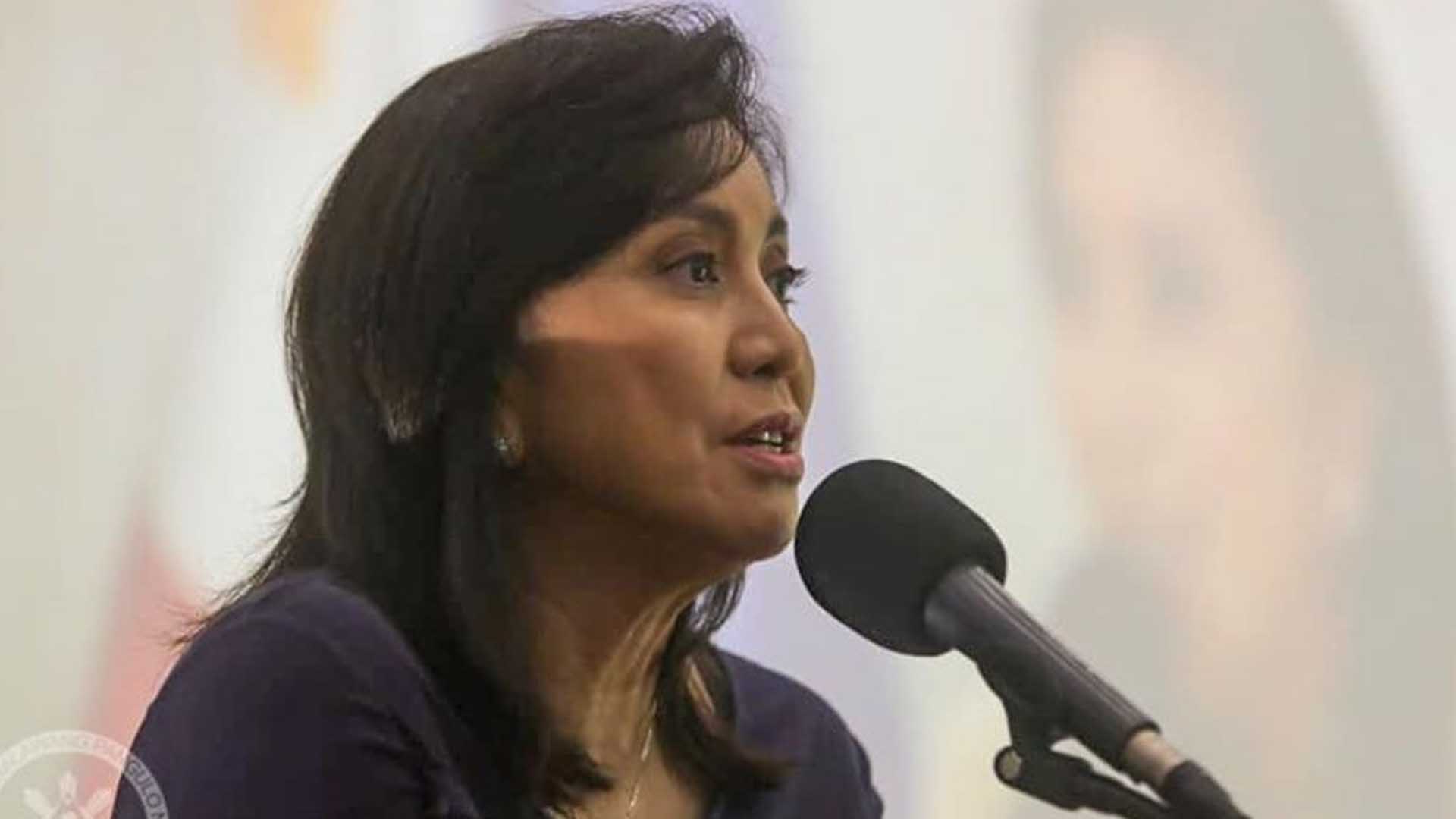Aside from seeing the country’s illegal drug problem using the lens of crime, Vice President Leni Robredo on Friday proposed to the members of the Inter-Agency Committee on Anti-Illegal Drugs (ICAD) to also treat the issue as a “medical and sociological problem”.
“I do not see this as a problem of crime only. Ang kalaban po natin dito, hindi iyong mga kababayan natin; ang kalaban natin dito, droga (Our enemy here is not our citizen, it is drugs),” she said in her opening remarks during the anti-drug body’s meeting at the Office of the Vice President in Quezon City.
“Dahil ang kalaban natin droga (Since our enemy is illegal drugs), we should also look at it not just using the lens of crime, or criminal justice, but also using the lens of health and the fact that addiction is a medical and a sociological problem,” she added.
Robredo said she supports an evidence-based strategy and approach in addressing drug addiction which she recognized as “a serious problem that our country is facing”.
Robredo, who called for ICAD’s convening, said she wants the discussion to be a listening exercise for her so as to know where she would start as the body’s co-chair.
“In the past one and a half days, I have been reading all the documents that are connected with what ICAD has been doing, and nagpapasalamat po ako sa lahat na efforts na ibinuhos ng lahat sa inyo para makamtan iyong ating gustong makamtan (and I thank all of you for all the efforts you exerted to attain our goals),” she said addressing the inter-agency group.
“Just today we’ve had several successes. We were able to recover 1.4-million [pesos] worth of marijuana here in Quezon City. We were able to recover nine million [pesos] worth of shabu in Cebu. We were able to recover six kilos of shabu at the Ninoy Aquino International Airport. So sa lahat po nating law enforcement agencies, maraming salamat at congratulations (So to all the law enforcement agencies, thank you and congratulations),” she added.
Fresh perspective
Robredo believes her appointment signals that President Rodrigo Duterte is willing to consider a new perspective about the anti-drug drive as the chief executive knows well how she views the campaign.
“When the President appointed me as co-chair of PDEA [Philippine Drug Enforcement Agency] in ICAD, I want to look at it as a signal that the President is open to listening to a fresh perspective about the entire campaign,” she said.
“I also want to look at it as an agreement that it is time for us to objectively assess what we have been doing over the past years,” she added.
Robredo said the President has, on various occasions, been frustrated with the war on drugs as she cited the rise in the number of drug dependents from seven to eight million last February.
“That number is staggering. And iyong sa akin, ang gusto kong maintindihan din ngayon, saan tayo nagkukulang? Kasi a lot of the agencies have been pouring out tremendous effort and resources already for this campaign, and yet ganoon pa din kataas iyong numero (For me, I want to understand in what area are we lacking? Because a lot of the agencies have been pouring out tremendous efforts and resources already for this campaign, and yet the number is still that high),” she said.
Presiding her first meeting with the ICAD, Robredo proposed to reassess and take stock of the efforts that reaped good results.
She also raised the need to change people’s interpretation of “Operation Tokhang” as a war against the poor.
“I think it is upon us, it is incumbent upon us na mabago iyong kaisipan na iyon. Baka panahon na para pag-isipan natin iyong pagpalit ng isang kampanya na mas epektibo pero walang namamatay senseless (I think it is upon us, it is incumbent upon us to change that. Maybe it’s time for us to rethink a campaign that is effective with no one dying senselessly),” she said. (PNA)









